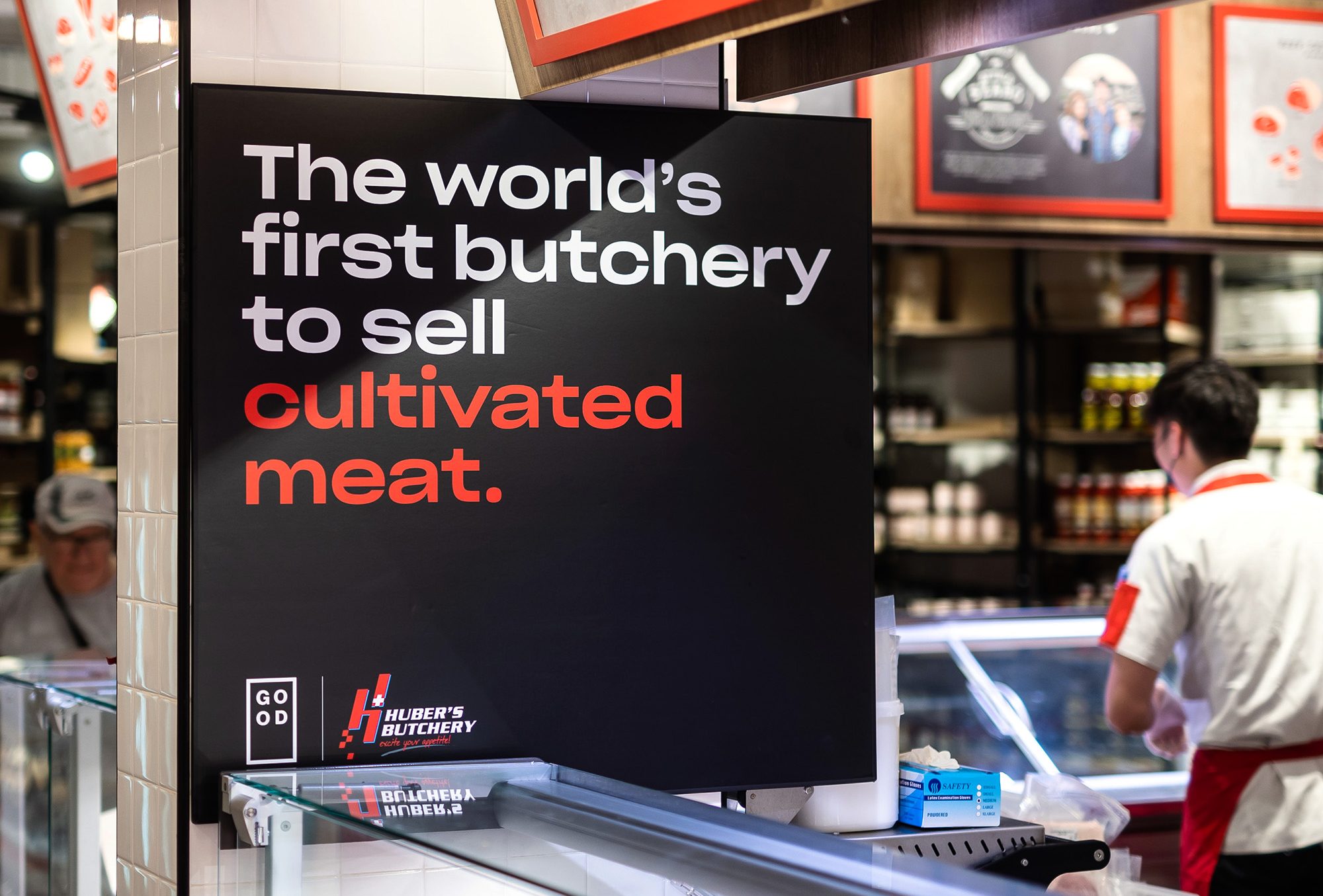
The issue of regulation is also on the agenda of the Hungarian EU Presidency.Continue reading

The European way of life is practically endangered if we accept the marketing of cultivated meat (also known as cultured meat), which is why we must support the Italian initiative to ban it with all our might, said Agriculture Minister István Nagy.
The minister called the technology of taking a tissue from a living animal and then growing it in a vat under artificial conditions by cell multiplication, a ‘horrifying practice,’ reports Világgazdaság.
It has unforeseeable consequences, it is harmful,”
the politician emphasized in an interview with Spirit FM radio. He added that as an eco-conscious person, he is of the opinion that even the seeds of such initiatives should be eradicated.
In Europe, this technology is not yet licensed. “However, it is in Singapore, the United States, and Israel, and that is why we need to act against it as soon as possible so that it is not allowed in the European Union,” he pointed out. “That is why we need to support our Italian colleagues who have introduced legislation to ban it and encourage our EU counterparts to take a stand on the issue, because it threatens traditional food production. If we separate food production from the infield, then we are moving away from all our traditions, all our cultures, we are losing our identity, and in effect, the European way of life is being threatened.”
As previously reported, Italy’s Farmers’ Association, Coldiretti, recently held talks in Hungary with government officials and agricultural organizations. During the talks, Luigi Scordamaglia, CEO of Filiera Italia, presented the Italian law that recently came into force banning the production of cultivated meat, for which two million signatures were collected.

Chicken nuggets made from cultured meat. Photo via Facebook/GOOD Meat
Coldiretti also answered questions from the Hungarian farmers’ association, MAGOSZ, on the issue of cultured meat. They argued that
the fruit of the new ‘ideological madness’ sweeping Western Europe is lab-produced meat.
They also pointed out that a joint report by the Food and Agriculture Organization of the United Nations (FAO) and the World Health Organization (WHO) identified 53 potential health risks linked to food produced in laboratories.
As mentioned above, the FAO and WHO identified 53 potential sources of hazards that can lead to problems and negative health consequences. These include contamination with heavy metals, micro and nanoplastics, allergens such as additives to improve the taste and texture of these products, chemical contaminants, toxic components, antibiotics, and prions.
Via Világgazdaság; Featured image via Facebook/GOOD Meat